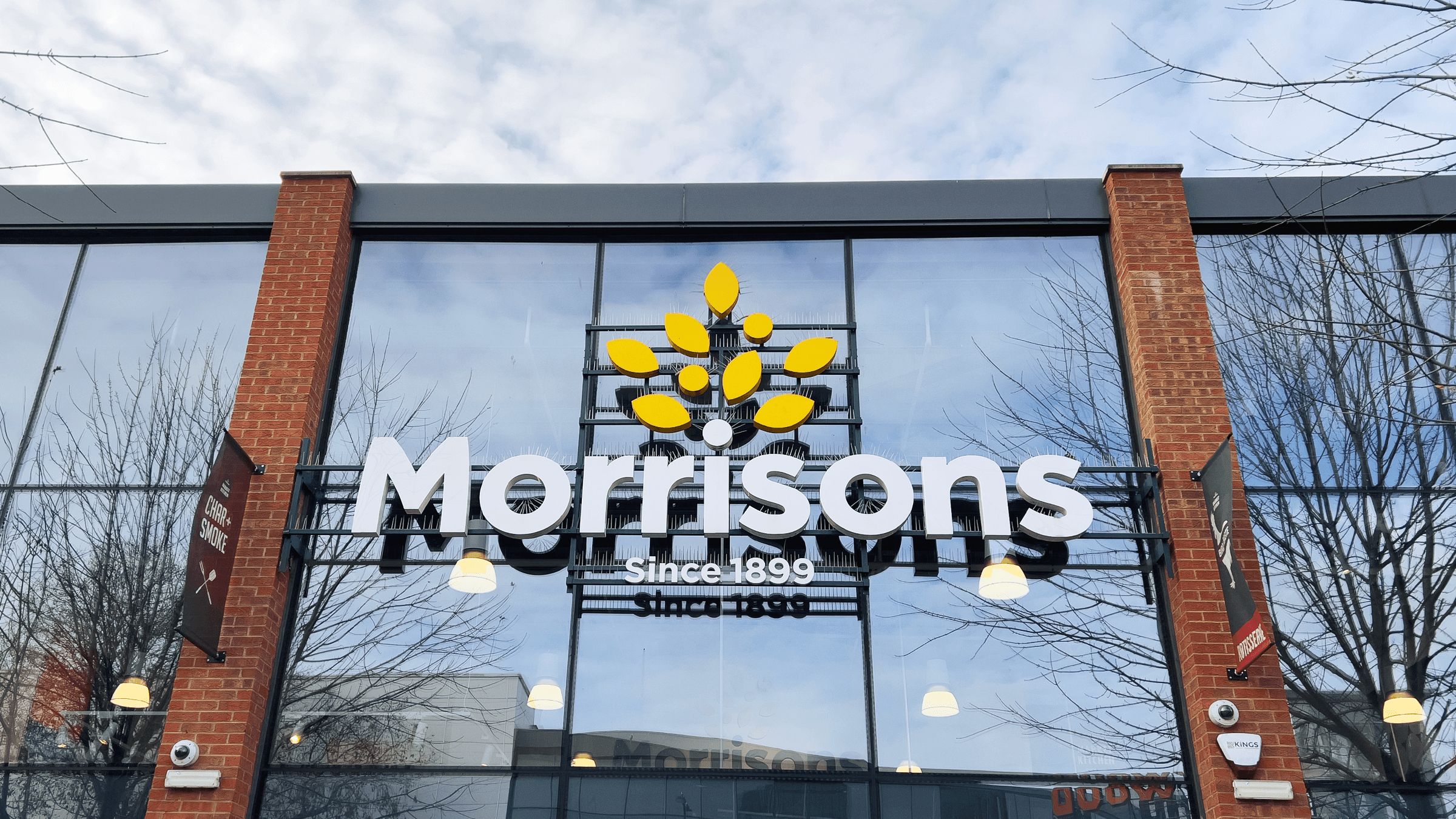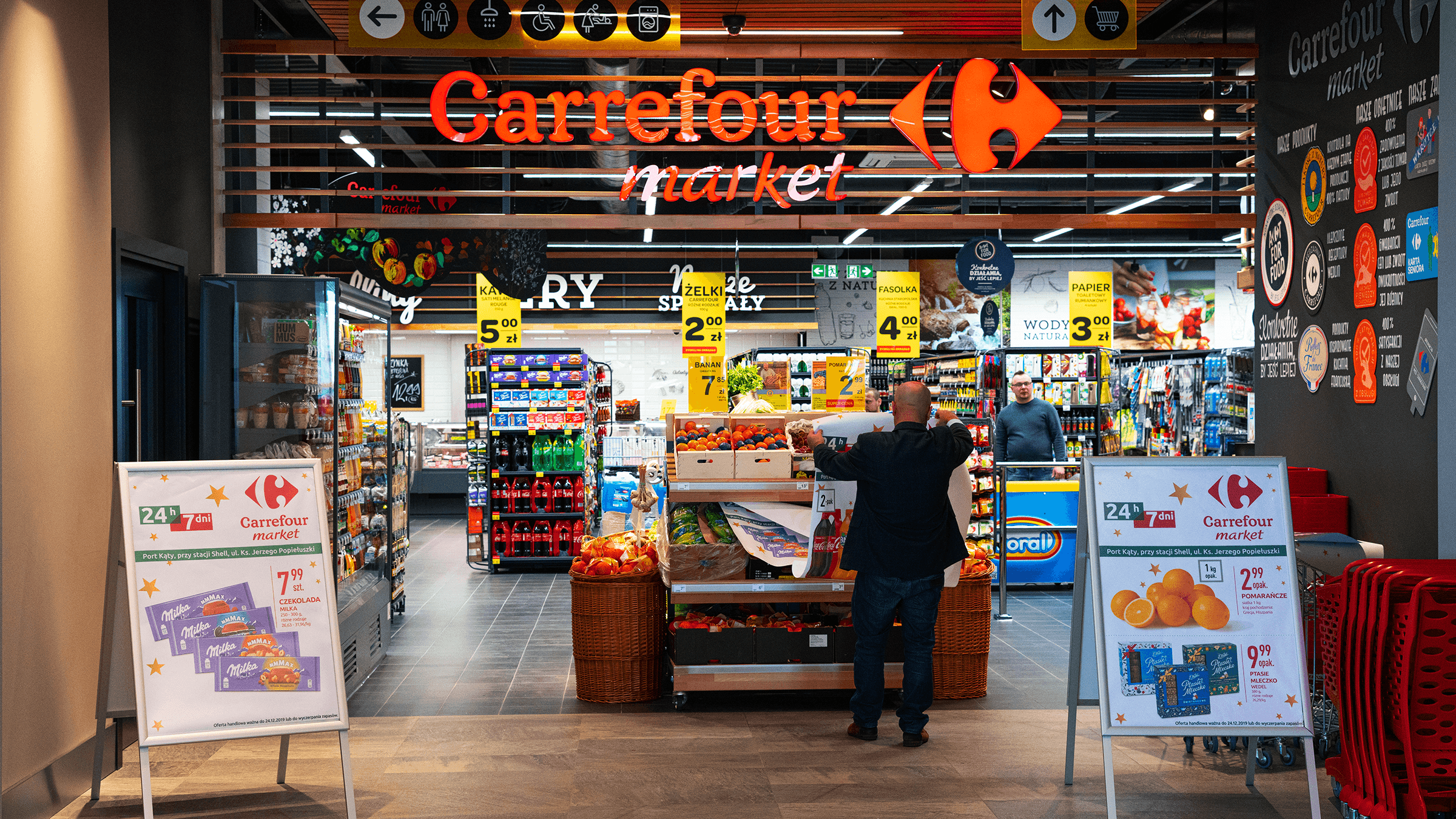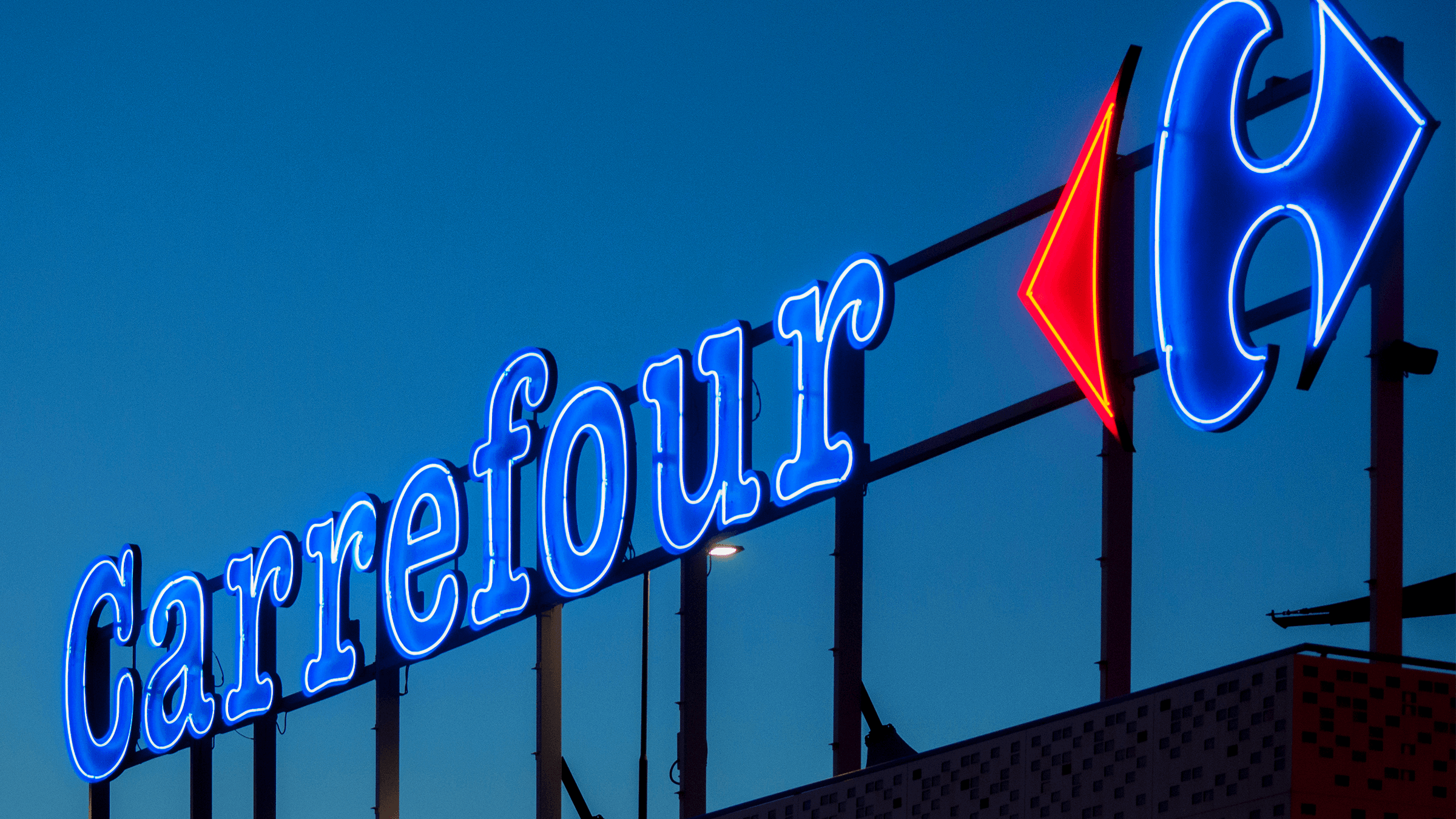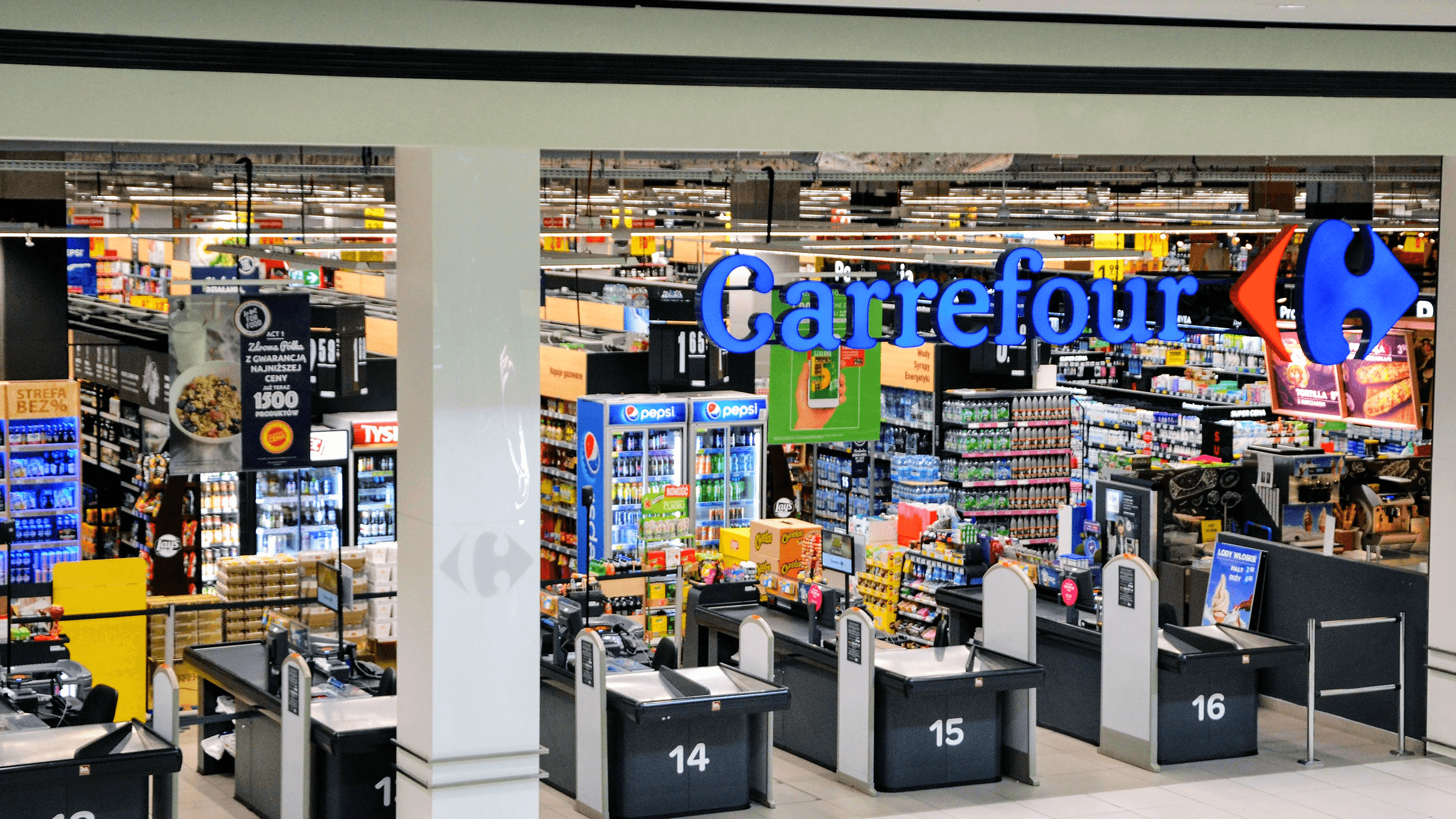In the 2000s, the global retail CEO community was dominated by alumni of ASDA and Walmart. In the 2010s, this nexus of power shifted to a generation of retail CEOs who trained at Tesco in its heyday. Now, in the past few years, this cohort of Tesco-trained CEOs have started to leave their leadership roles: Richard Brasher stepped down from the helm of the $6.3bn Pick n Pay in South Africa in 2021, Steve Murrells left the £11.5bn Co-op in 2022, Trevor Masters exited the €4.2bn pan-European Pepco in September – and last Wednesday, David Potts departure as Morrisons’ CEO was announced.
In their own way, each of these CEOs has had a significant impact on the businesses that they led. David – who joined Tesco at sixteen and worked there for 39 years, latterly as CEO of their Asia business – is perhaps a prime example of the power of the Tesco alumni community. Undoubtedly, David utilised a playbook honed over many years at Tesco to set him up to successfully lead Morrisons, transforming the business in a period which included a private equity exit, the pandemic, and huge cost price inflation.
Over the years, Tesco’s impact on global retail has been huge – and many retailers around the world have become dependent on Tesco’s alumni for their external succession planning, across multiple functions. But now, nearly a decade after many of these Tesco leaders were appointed into their external CEO roles, there’s a new source of future leaders: Carrefour, from where David’s successor Rami Baitiéh joins.

Rami’s appointment as CEO of Morrisons – perhaps in some ways the most “British” of the major UK grocers, with its own UK-based manufacturing sites – may be indicative of a new era of global retail leadership, dominated by alumni of the French supermarket giant.
Rami, who most recently was CEO of Carrefour France, a €35bn revenue businesses, is the latest in a string of former Carrefour executives who now lead major European retailers. Four years ago, Thierry Garnier was appointed CEO at Anglo-French home improvement company Kingfisher, following more than two decades with the French supermarket giant. In Spain, the 2,700-strong global grocery chain Group Dia is now led by Martín Tolcachir, who spent 14 years at Carrefour. And also in Spain, the department store behemoth El Corte Inglés is helmed by José María Folache, who served at Carrefour for a decade before stepping up as CEO.
It’s clear that Carrefour has now become a major exporter – if not the major exporter – of retail talent around the world. In many ways, this isn’t a huge surprise. Carrefour is a major multinational business, with over 321,000 employees and 12,000 stores – with a presence in over 30 countries. The grocer generated €90bn in revenue last year, and recently reported an 11.4% increase in like-for-like sales in the first half of 2023. Tesco, by way of comparison, makes two-thirds of that, recording £60bn in sales in 2022.
Over the past few years, Carrefour has embarked on an ambitious growth strategy, gaining back market share in Europe and consolidating its position as the leading grocer in Brazil.
Over the past few years, Carrefour has embarked on an ambitious growth strategy, gaining back market share in Europe and consolidating its position as the leading grocer in Brazil. In its French home market – where there is stiff competition from the likes of E.Leclerc, Intermarché and Auchan, as well as from Aldi and Lidl – the business has invested heavily in ecommerce, opened smaller-format sites, and slashed costs, including by handing over lossmaking stores to local entrepreneurs to run. In Brazil, Carrefour recently completed the acquisition of Walmart’s Brazil business Grupo BIG, bringing its total share of the Brazilian retail market to 25%.
Against this backdrop, it is perhaps no surprise that the Carrefour retail stable has produced some best-in-class leaders.

But there are also many structural and strategic factors at play. While the business is headquartered in Paris, it generates more than half of its revenue from outside its home market, running broadly autonomous and localised operations in Spain, Italy, Belgium, Poland, Romania, Brazil and Argentina. This framework allows for the movement of talent across different markets, giving high potential leaders a broad and international retail education.
Crucially, Carrefour has retained the Country CEO role as an integral part of its global leadership structure – something that other retailers have phased out over the years, either moving to a more matrix structure, or simply because they have closed down international markets.
Within this Country CEO framework, leaders can gain critical full CEO experience within smaller markets, before transitioning to more complex regions within Carrefour or taking up external leadership positions. Having full P&L accountability for a market – at a relatively early stage in their career – has given Carrefour executives unique experiences on how to manage an entire business from end to end.
Rami Baitiéh’s career has followed this trajectory exactly: before being appointed to lead Carrefour’s home market in France, he spent three years as CEO of Taiwan, a year as CEO in Argentina, and a year as CEO in Spain.
Rami Baitiéh’s career has followed this trajectory exactly: before being appointed to lead Carrefour’s home market in France, he spent three years as CEO of Taiwan, a year as CEO in Argentina, and a year as CEO in Spain. And indeed, it was this structure at Tesco that set David Potts up for success as CEO at Morrisons. In his nearly four decades at Tesco, David rose through the ranks to become CEO of its Irish business, CEO of its UK retail stores and then CEO of Tesco Asia.
Carrefour has also become known as a leading training school for key grocery disciplines, often moving executives around to become experts in different areas such as buying, merchandising or logistics. In the twenty years before Rami was appointed into a country CEO role, for example, he worked across buying, supply chain, commercial strategy and IT. Similarly, François-Melchior de Polignac, now CEO at the French homeware giant Maison Du Monde, spent his ten years at Carrefour leading functions ranging from merchandising to M&A.

There’s also real breadth in store format. Carrefour operates large-footprint hypermarkets, supermarkets, four convenience store sub-brands, a Cash & Carry estate and a website with 1.3 million clicks per day – offering a range of segments for executives to lead, each with their own operating nuances and complexities.
Company structure aside, since the late 1990s, Carrefour has made attracting, developing and retaining talent central to its growth strategy. Spanning across the global business is a deeply comprehensive series of development programmes, covering every colleague from shop floor team-members to future CEOs.
The business has an established Leadership School – a multi-format programme which aims to promote employees to managerial positions, managers to divisional management positions, and regional managers to director positions. And there’s a raft of different leadership levels, each with tailored support and training. The group recently introduced a new category of executive director, for example, to be occupied by high-potential executives with a focus on international mobility to drive progression.
Over the coming years, it will be interesting to see which other retailers become led by Carrefour alumni. However, even within Carrefour, the flow of talent here may start to run dry at some point in the future. In the past few years, Carrefour has streamlined its global activity, exiting operations in China and Taiwan to focus on Europe and Latin America, and increasing global presence through franchised operations with the likes of Majid Al Futtaim in the Middle East, Africa, and Asia. Will this have a limiting impact on the grocer’s ability to develop talent, as these standalone autonomous country CEO roles diminish?

A decade ago, any grocery shortlist was likely to be dominated by candidates from Tesco, Walmart or ASDA. Today, Carrefour trained leaders play a prominent role in any shortlist. Tomorrow, we expect more future CEOs to emerge from the schools of Lidl and Aldi. The discounters have experienced rapid growth by rolling out into new markets, following a similar model to Carrefour of autonomous local business units – each with standalone CEOs. The impact of their alumni is just starting to be felt on the European talent landscape: Karl-Heinz Holland, for example, spent twenty years at Lidl, including 6 years as CEO, before stepping up to lead Spain’s Group DIA in 2019, and was most recently appointed Chair at Matalan in the UK.
The retail CEO talent pool is certainly ever evolving, with global schools of grocery leadership waxing, waning and become increasingly international. For over 25 years, the UK grocery sector had been a net exporter of talent to retailers globally. Now, this nexus has started to shift – and, I’m looking forward to seeing the impact that Rami, with his Carrefour training, will have on the UK grocery scene.








